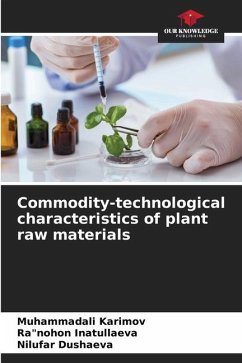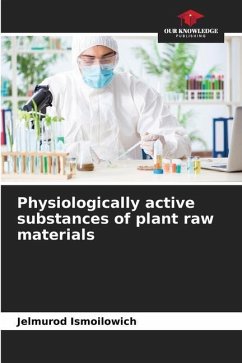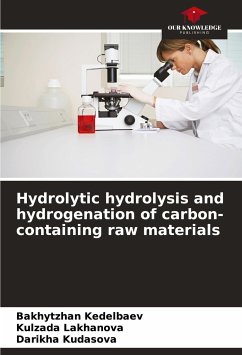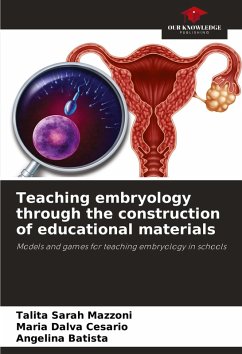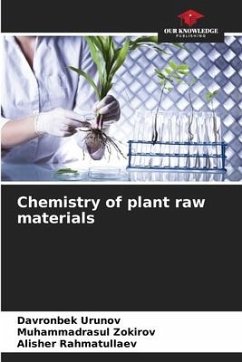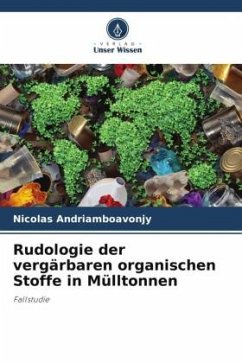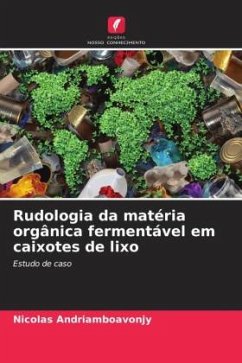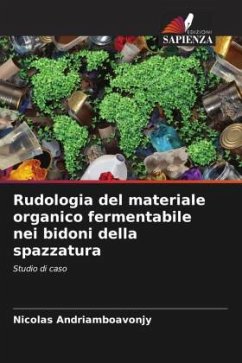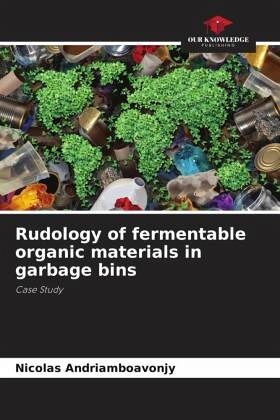
Rudology of fermentable organic materials in garbage bins
Case Study
Versandkostenfrei!
Versandfertig in 6-10 Tagen
47,99 €
inkl. MwSt.

PAYBACK Punkte
24 °P sammeln!
Waste is inseparable from man. In 2050, SALOU.H predicts a disposal of about 100 Gt per year and this considering the waste dumped in the marine environment. In developed countries, their management is not a serious problem. On the other hand, the situation is critical in developing countries, which suffer enormously from it. The environmental management of municipal solid waste is one of the most crucial problems today, weighing heavily on the development of the city. It is a current topic of applied science and renewable natural resources development in Madagascar. The literature shows that ...
Waste is inseparable from man. In 2050, SALOU.H predicts a disposal of about 100 Gt per year and this considering the waste dumped in the marine environment. In developed countries, their management is not a serious problem. On the other hand, the situation is critical in developing countries, which suffer enormously from it. The environmental management of municipal solid waste is one of the most crucial problems today, weighing heavily on the development of the city. It is a current topic of applied science and renewable natural resources development in Madagascar. The literature shows that research on household waste is vague and complicated. In this book, the objective is to consider the putrescible waste of the garbage bins of the Urban Commune of Moramanga in a positive way by transforming these fermentable organic materials into compost and biogas and to be able to transform an unauthorized dump into a controlled dump.



